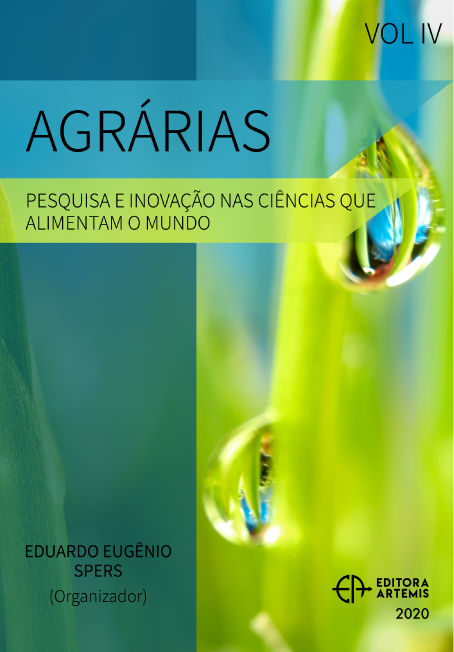
CONTROL DE PARASITOSIS EQUINAS: SOSTENIBILIDAD VS. FARMACOLOGÍA
Los cambios sucedidos en los últimos años a nivel económico han provocado ciertas modificaciones en las posibilidades de tenencia de animales como los caballos, que en ocasiones se ha hecho insostenible para sus propietarios porque no pueden asumir el incremento en el coste de su alimentación. Para asegurar su alimentación, se ha optado por el mantenimiento en praderas, lo que además puede entrañar un riesgo de infección por parásitos que se diagnostican con frecuencia, como los estrongílidos, cuyo control se realiza mediante la administración de tratamientos farmacológicos. Sin embargo, en el suelo se desarrollan formas infectantes (larvas L3) que los caballos ingieren con el pasto, de modo que la eficacia de los antiparasitarios puede resultar inferior a tres meses.
En el presente estudio se analizó la eficacia del control integral de las estrongilidosis equinas, basado en el tratamiento de un grupo de caballos con un antihelmíntico, que además recibió un concentrado alimentario con esporas de un hongo (Duddingtonia flagrans) para prevenir su reinfección; otros dos grupos de caballos se desparasitaron y alimentaron con concentrado sin esporas.
A pesar de que a las dos semanas post-tratamiento se comprobó una eficacia del antiparasitario superior al 80% en todos los grupos, los lotes que recibieron concentrado sin esporas se volvieron a infectar, y a las cuatro semanas del tratamiento inicial alcanzaron un nivel de infección que aconsejaba una nueva desparasitación. Por el contrario, aunque los caballos alimentados con concentrado con esporas también volvieron a infectarse, siempre mantuvieron unos niveles de parasitación tan reducidos que no hicieron necesaria la nueva aplicación de fármacos. Estos resultados subrayan la necesidad de implementar medidas sobre las fases infectivas en el medio, para disminuir el riesgo de infección por estrongílidos en caballos.
CONTROL DE PARASITOSIS EQUINAS: SOSTENIBILIDAD VS. FARMACOLOGÍA
-
DOI: 10.37572/EdArt_25531122017
-
Palavras-chave: Estrongílidos, caballos, control biológico, Duddingtonia flagrans, pellets
-
Keywords: Strongylids, horse, biological control, Duddingtonia flagrans, nutritional pellets
-
Abstract:
Several changes occurring at the economic level in recent years led to certain modifications in the possibilities of keeping animals such as horses, and scenarios consisting on the owners can not afford their nutrition appeared in many areas of European countries. For trying to solve this situation, owners considered their maintenance in pastures, but this can also entail a risk of infection by parasites that are frequently diagnosed, such as some Strongylids, whose control is carried out through the administration of pharmacological treatments. However, their infective stages (L3 larvae) develop in the soil and are ingested by horses in the pasture, so that the effectiveness of antiparasitics can be shortened to less than three months.
In the present study, the efficacy of the integral control of equine strongylidosis was analyzed, based on the treatment of a group of horses with an antihelmintic did received also nutritional pellets enriched with spores of a fungus (Duddingtonia flagrans) to prevent their reinfection; another 2 groups of horses were dewormed and provided feedstuff without spores.
Despite that an efficacy higher than 80% was obtained by two weeks after treatment, horses receiving pellets without spores became re-infected, and four weeks after the initial treatment they reached an infection level that advised a new deworming. On the contrary, although horses feeding on feedstuff with spores did infect again, low levels of egg-output were maintained for 12 weeks and no new drug application was necessary. These results highlight the need to implement measures on the infective stages of Strongylids in the soil, in order to reduce the risk of infection in grazing horses.
-
Número de páginas: 17
- María Vilá Pena
- Cándido Viña Pombo
- Mathilde Voinot Meissner
- María Isabel Silva Torres
- Rami Salmo
- Antonio Miguel Palomero Salinero
- José Ángel Hernández Malagón
- Rodrigo Bonilla Quintero
- Adolfo Paz Silva
- Rita Sánchez-Andrade Fernández
- María Sol Arias Vázquez
- Cristiana Filipa Cazapal Monteiro

